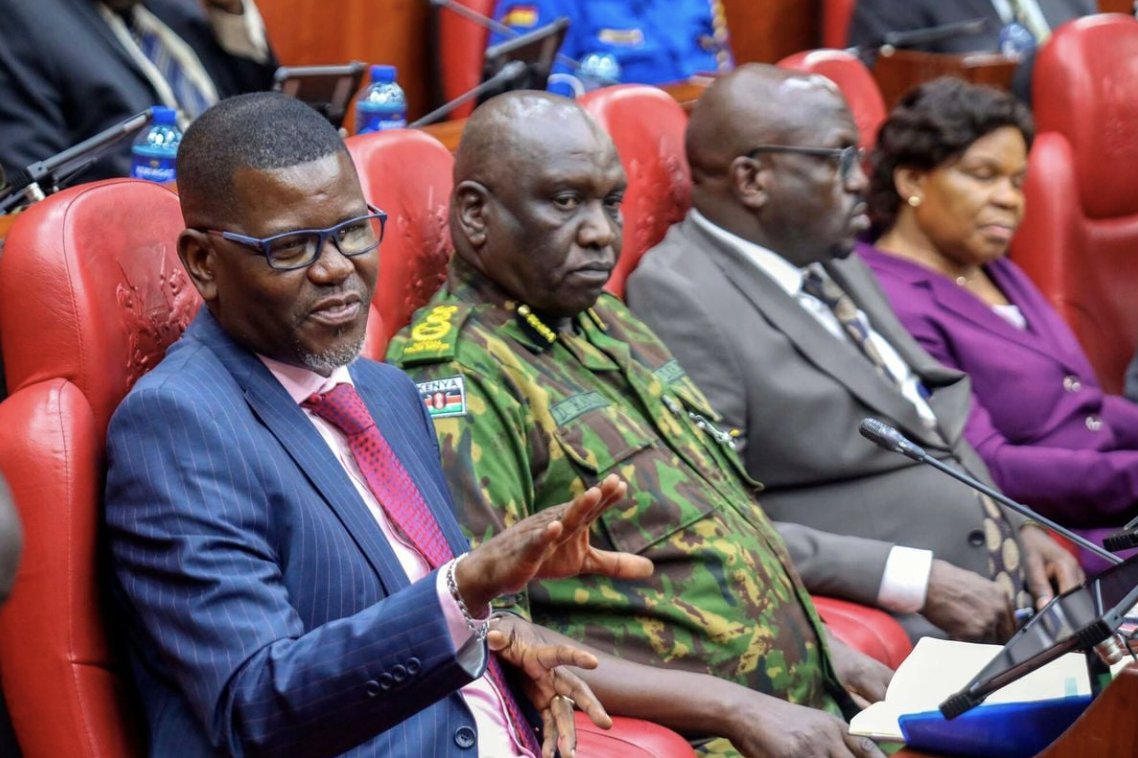The digital platform is designed to reduce manual interference and promote accountability at every stage. However, the process has already sparked controversy. Of the 10,000 positions, approximately 4,000 are reserved for National Youth Service (NYS) graduates. Supporters argue this policy fosters youth inclusion and provides a structured pathway into national service. Critics, however, see it as a potential avenue for political patronage and favoritism. Sceptics warn that by ring-fencing nearly half the posts, the Commission risks undermining the transparency and credibility the new system is meant to safeguard
By TWV Investigation Desk
The National Police Service Commission (NPSC) has unveiled an ambitious recruitment drive to enlist 10,000 police constables, beginning with the publication of adverts on 11 September 2025. Successful candidates are expected to report to police training colleges on 17 November, in what the Commission has described as a critical intervention to address staffing shortages and mitigate mounting concerns over insecurity, rising crime, and frequent protests across the country.
This exercise will be conducted under the newly adopted National Police Service Commission (Recruitment and Appointment) Regulations, 2025. The regulations are designed to entrench transparency, fairness, and professionalism, ensuring merit guides the process from application to deployment. Notably, the recruitment process will for the first time be conducted entirely online, a departure from opaque, corruption-ridden methods of the past. The digital platform is intended to reduce human interference and promote accountability at every stage.
However, the process has already stirred controversy. Of the 10,000 positions, over 4,000 have been reserved for graduates of the National Youth Service (NYS). Supporters argue this policy promotes youth inclusion and provides a structured pathway into national service. Critics, on the other hand, view it as a potential back door for political patronage and favouritism. By ring-fencing nearly half the posts, sceptics warn, the Commission risks undermining the very transparency and credibility that the new system is supposed to safeguard. Without robust independent monitoring, they argue, the exercise could fall prey to the same manipulation that past reforms sought to eradicate.
Appearing before parliament, NPSC Chief Executive Officer Peter Leley defended the initiative, assuring lawmakers of a process “anchored on integrity and legality.” He highlighted new safeguards, including the deployment of independent observers, digital verification of candidates, and measures to ensure fair regional, ethnic, and gender representation.
The shortage of police officers is not new. The last large-scale recruitment, planned in 2022, was shelved due to fiscal austerity pressures, with both the International Monetary Fund and the World Bank advising the government to rein in ballooning wage bills. With security demands outpacing available personnel, the stakes for this recruitment are particularly high.
Whether this drive delivers genuine reform or proves another stopgap measure will depend on the transparency of the online portal and the integrity of shortlisting, vetting and selection. If successful, it could mark a turning point in restoring public trust in policing. If mishandled, however, it risks entrenching disillusionment and deepening Kenya’s policing crisis.





